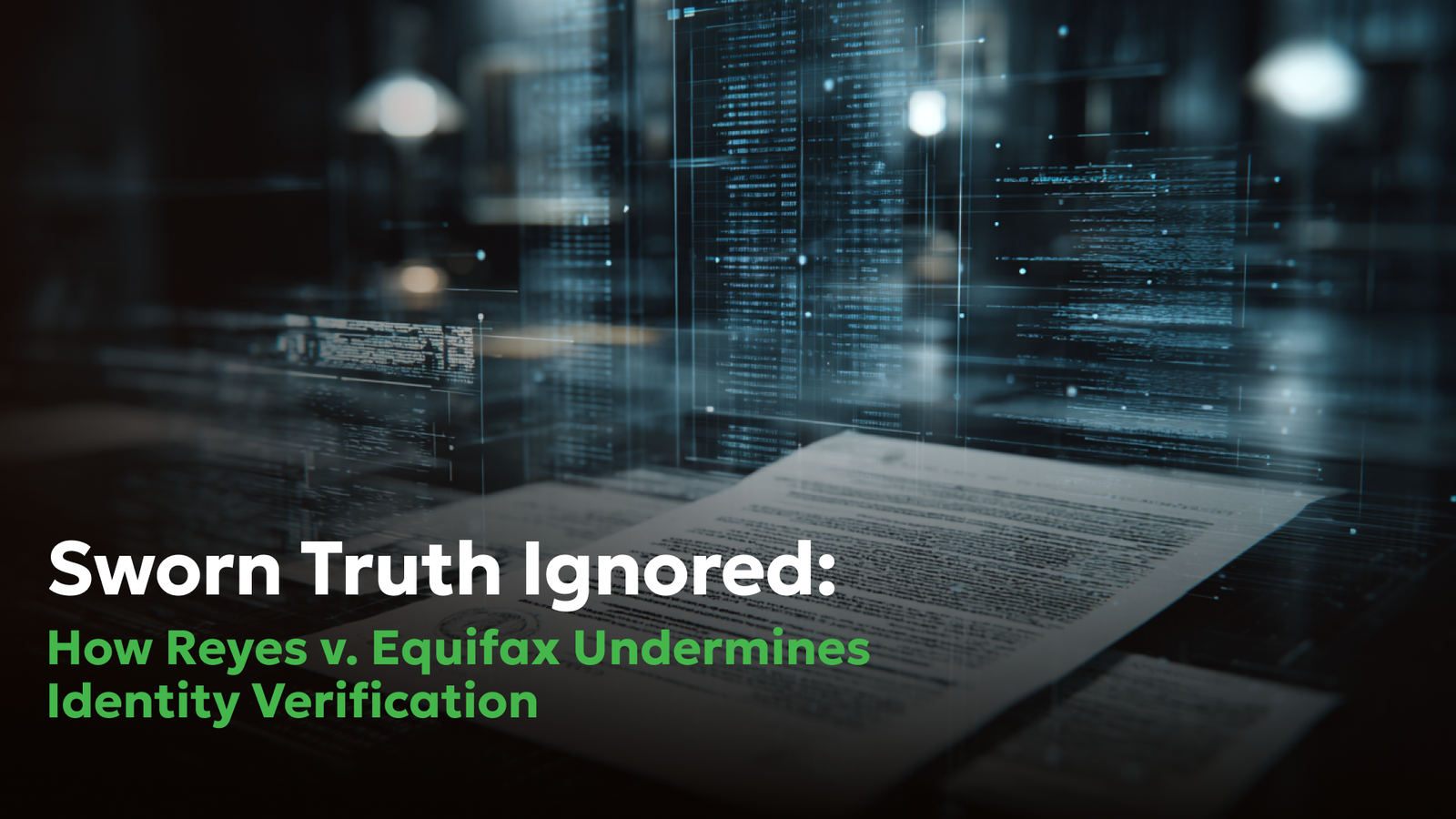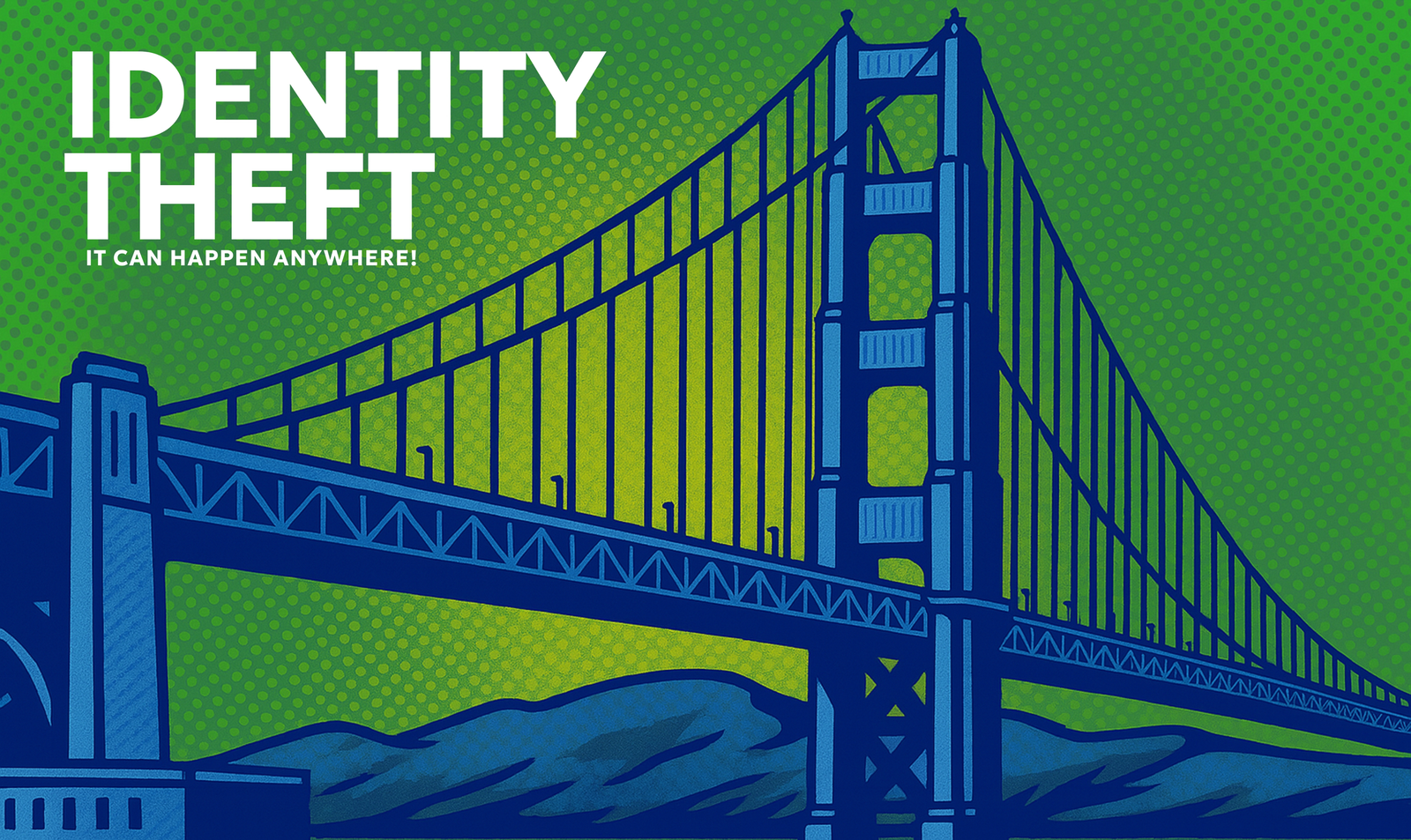Identity Theft and Credit Card Theft
- Blog
- Credit Report Identity Theft
Identity Theft and Credit Card Theft

Identity Theft vs Credit Card Fraud - what is the difference? Consumer Attorneys provide insight and guidance!
Learn the difference between identity theft and credit card fraud. Consumer Attorneys offers insights, empowering you to navigate legal complexities and understand the nuances of these distinct challenges. If you’ve been affected by these crimes, learn how to reclaim your power and rebuild your future with the support of seasoned legal professionals.
Credit card fraud vs identity theft-are they different? Yes! Identity theft typically does not include credit card fraud. Though often used interchangeably, there are distinct issues requiring nuanced understanding. Consumer protection attorneys, also referred to as “identity theft and credit card fraud attorneys,” address these criminal activities that impact consumer credit and financial health. Let's look at the differences between credit card fraud and identity theft.
Again, credit card fraud and identity theft are separate crimes. Knowing the difference between the two crimes is important because their consequences and scope usually differ.
You do not need to know precisely which crime you're facing before contacting a lawyer. An identity theft lawyer and a credit card fraud attorney are called consumer protection lawyers, and Consumer Attorneys focus our practice in this area of the law. Our consumer law firm broadly includes all types of criminal activity and other issues impacting credit profiles and financial stability.
So, what exactly do they mean, and how do they differ? Keep reading for information about the distinctions between credit card fraud and identity theft.
What Is Credit Card Fraud?
Credit card fraud involves obtaining credit card details through any of the following:
- Stealing the physical credit card
- Using a skimming device at any point of sale transactions where you swipe, tap, or insert your credit card
- Hacking into your online accounts that contain your credit details
Emotional, psychological, and physical effects result from credit card fraud. Usually, the outcomes are destructive financially, but they are recoverable. In other words, credit card fraud can be taxing but you can recover over time. According to the Federal Trade Commission (FTC), your liability for unauthorized credit card use could be as low as $50. It is important for you to keep in mind that when reporting these crimes, there should be a sense of urgency for you to act in accordance with all requirements of the law. In order for you to be shielded from any liability you must act according to whatever timelines the law has in place. Additionally, various credit card companies provide zero-liability fraud that can protect you if there is timely notification of fraudulent activities. If you are uncertain about these requirements, consult with an attorney who can answer your questions.
How Credit Card Fraud Happens
Identity theft comes in many forms, some of which include credit card fraud. Credit card fraud is when someone accesses the credit card details of a victim for unauthorized purchases and new credit card accounts using someone else’s name.
What Is Identity Theft?
Identity theft refers to a wide range of criminal activities in which offenders acquire and use personal information and data illegally for improper benefits. This information involves name, date of birth, social security number, and bank data. The gain may be financial, health-related, or count as a crime that is intended to circumvent the law.
How Identity Theft Happens
Identity theft is an act that involves accessing personal information without authority. This may involve any of the following:
- Looking through trash for information, such as “dumpster diving” in a commercial dumpster or going through residential trash cans.
- Breaching a company’s online security to access customer data.
- Stealing personal information that is posted online
- Phishing emails, messages, or calls
- Use of skimming devices at point-of-sale transactions
- Theft of data electromagnetically by being in close proximity to someone’s unprotected credit cards. (RFID-blocking purses and wallets protect against this.)
How Identity Theft is Exploited in Credit Card Fraud
While credit card fraud is a form of identity theft, it focuses on credit card details. The perpetrator may steal the physical card, use skimming devices, gain access online by exploiting unprotected internet connections, or use any of the methods identified above. Criminals may initially steal your credit card information but then use those details to take their crime further by stealing your identity after gaining access to your sensitive information.
Securing Yourself Against Credit Card Fraud and Identity Theft
Understanding the distinctions is crucial, but knowing how to protect yourself is paramount. Credit card fraud often has limited financial effects due to liability limitations and zero-liability fraud protection. However, other forms of risks of identity theft can have devastating, long-lasting consequences, demanding extensive efforts for recovery.
Spotting the Crime: Credit card fraud is quickly detected, thanks to measures implemented by credit card issuers. In contrast, some forms of identity theft may go unnoticed for extended periods, surfacing only when victims face legal consequences or credit denials.
Bouncing Back: Recovering from credit card fraud is very inconvenient. It usually involves some back and forth with your bank and credit card issuer. The compromised credit card is generally blocked, and you are sent a new one. The matter can be resolved quickly, but depending on the extent of the credit card usage, the amount of money involved, and the speed at which it is detected, it may still require you to navigate the legal landscape.
However, some of the other forms of identity theft may take years to recover. You must notify several government institutions and work with creditors and credit reporting bureaus. If your Social Security number was used fraudulently, you must also make the Social Security Administration (SSA) aware of the situation. The SSA should be able to provide you with a new one. The old card will likely still be used by many of your professional contacts. You will have to make them aware of the change so they’ll begin using your new number.
Now that we've established a clear difference between identity theft and credit card fraud, you might wonder if the term "account takeover, identity theft" is a concept. Like credit card fraud, "account takeover fraud" is a form of signs of identity theft, but there are some distinct differences. Here's a look at both concepts:
Account takeover fraud or (ATO) is when someone unauthorized gains access to your accounts (typically online) such as bank accounts, email accounts, and social media accounts without your consent.
Identity theft is the circumstance when a third party is not authorized to use your information. Identity theft occurs when that third party usually illegally obtains your personal details and chooses to benefit from these details. More often than not, identity theft occurs by gaining access to your personal and sensitive information in various ways like trash diving, stealing your tangible documents, or due to data breaches.
Both account takeover and identity theft are serious and should not be taken lightly. If you believe you are a victim of either crime, you should contact your banking institutions right away and also contact attorneys for identity theft.
Call Us Today! We're Here for You
Credit card fraud and identity theft have distinctions, but both must be avoided at all costs. Our consumer protection attorneys are ready to assist if you deal with either issue. Contact us promptly to navigate the complexities, safeguard your rights, and embark on the path to recovery and security. Our legal experience ensures you have a dedicated ally in the fight against these crimes!
We help you to regain control of your financial well-being. You can fill out the online intake form, email us at info@consumerattorneys.com, call us at 1-877-615-1725, or chat with us via our LIVE chat feature on our website!
Frequently Asked Questions
Yes, credit card companies actively investigate identity theft. When notified of suspicious activities, they employ sophisticated fraud detection systems to scrutinize transactions. Timely reporting by cardholders is crucial, prompting immediate investigations. Companies often contact affected individuals, confirm transactions, and issue new cards for enhanced security. Credit card companies collaborate with law enforcement and play a pivotal role in apprehending identity thieves. While they bear the financial burden of unauthorized transactions, their commitment to thorough investigations helps protect cardholders and maintain trust in the economic system.
Many providers of credit cards offer various means of identity theft protection as one of the benefits to their customers. Some of these companies include Discover, Capital One, Citi, and American Express. These cards usually come with options like monitoring fraud in real time, alerts of questionable activities, and zero-liability fraud protection. Others may come with extra benefits such as credit monitoring, identity theft insurance, and resolution support. Nonetheless, the amount of protection differs, and customers should consider the rules and recommendations for each card and how they can help protect against identity theft.
Yes, children can become victims of credit card identity theft. Most kids have clean credit records and it is sometimes easier for identity thieves to gain access to their accounts. Thieves often steal the personal information of a child like their Social Security numbers to open fake accounts. Because minors will usually not monitor their credit until they have reached adulthood, the theft goes unidentified for years. Therefore, parents should stay alert and review their kids' credit reports regularly.
The use of chipped credit cards is considered to be an improvement from the magnetic strip credit cards because they have created a unique code for every transaction. The presence of chipped cards minimizes the effects of skimming devices making it more difficult to steal information and protecting against counterfeit fraud. However, they do not prevent identity theft. Additional precautions should be taken to prevent identity theft. Though the introduction of the chips has helped facilitate some security barriers, a multi-layered approach is necessary to fight against identity theft.
Whether or not you should close a credit card after a case of identity theft depends on your unique situation. Although reporting fraud is an essential step, closing your credit card may adversely affect your credit score. Therefore, if the threat of fraud remains active then it may be wise to close the compromised account. It's a good idea to seek the advice of your card issuer. The sooner you are able to report the fraud, the better because you may be able to recover any funds that were stolen. Also, seeking assistance from experienced attorneys can help expedite your case and get you the help you need sooner!


Daniel Cohen is the Founder of Consumer Attorneys. Daniel manages the firm’s branding, marketing, client intake and business development efforts. Since 2017, he is a member of the National Association of Consumer Advocates and the National Consumer Law Center. Mr. Cohen is a nationally-recognized practitioner of consumer protection law. He has a we... Read more
Related Articles




R
ONGS™You pay nothing. The law makes them pay.







